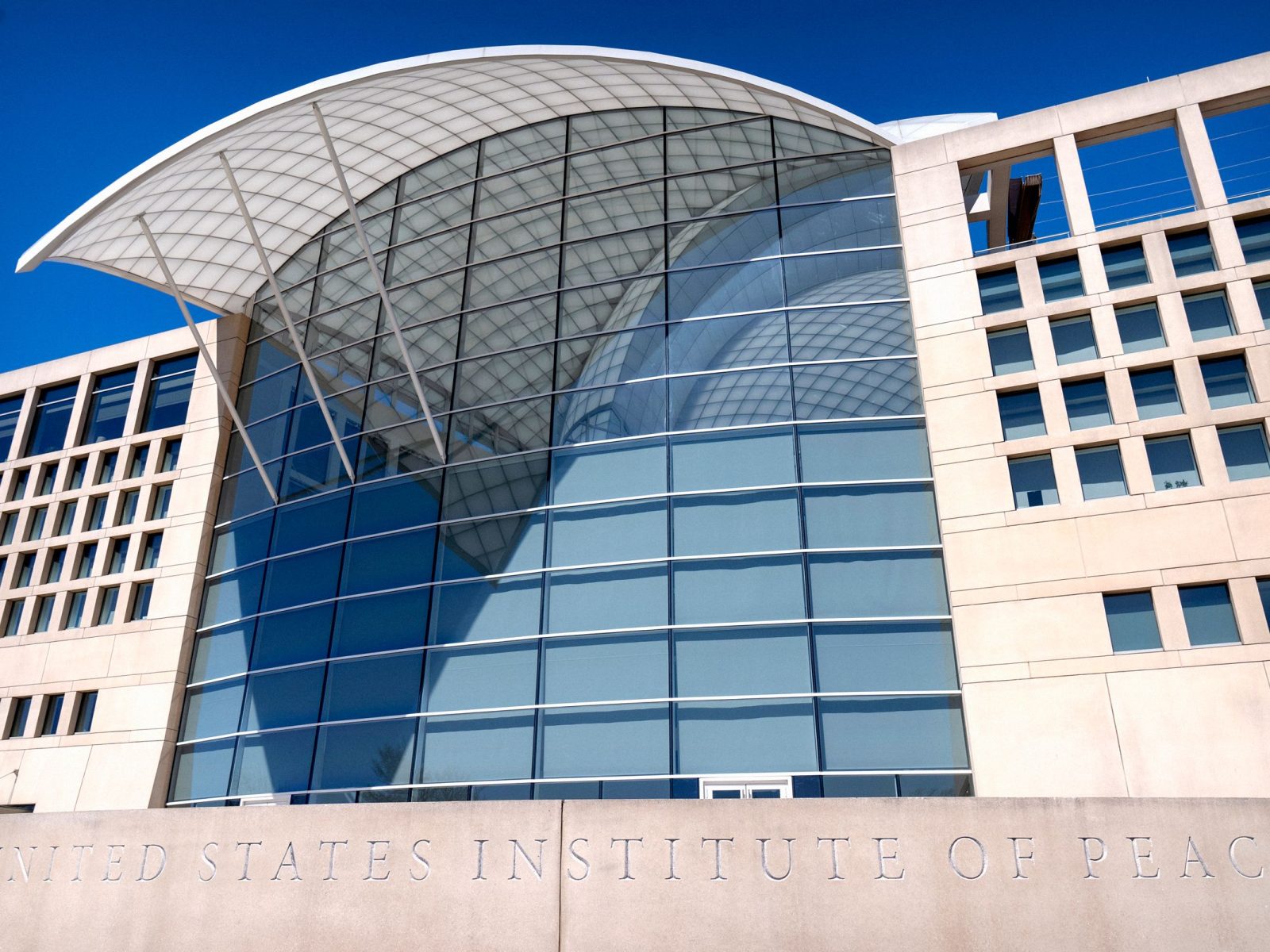In a significant legal development, U.S. District Judge Beryl Howell ruled that the Trump administration’s takeover of the U.S. Institute of Peace (USIP) by the Department of Government Efficiency (DOGE), led by Elon Musk, was unlawful. The court’s decision invalidated the administration’s actions, including the dismissal of USIP’s board members and staff, as well as the transfer of the institute’s headquarters to the General Services Administration.
Established by Congress in 1984, USIP is a nonpartisan, independent organization dedicated to preventing and resolving global conflicts. The Trump administration’s efforts to dismantle USIP were part of a broader initiative to reduce the size of the federal government. In February 2025, President Trump signed an executive order declaring USIP “unnecessary,” leading to the removal of its board members and the appointment of new leadership affiliated with DOGE.
The administration’s actions prompted legal challenges from former board members and USIP’s acting president, George Moose. They argued that the takeover violated the institute’s statutory independence and the Constitution. Judge Howell’s ruling supported this argument, stating that the administration’s actions were “unlawful” and “null and void.”
Following the court’s decision, USIP leaders regained control of their headquarters in Washington, D.C. Acting President George Moose, accompanied by private security and legal counsel, re-entered the building, marking the first return since the controversial March takeover by DOGE. The headquarters appeared undamaged, and the transition back to operations proceeded smoothly.
The ruling has broader implications for the Trump administration’s efforts to restructure federal agencies. It underscores the judiciary’s role in upholding the independence of congressionally established entities and limits the executive branch’s authority over such organizations. The administration has 30 days to appeal the ruling.
As the legal process unfolds, USIP is expected to resume its mission of promoting global peace and conflict resolution, continuing its work in over two dozen conflict zones worldwide. The institute’s leadership and staff are committed to rebuilding and strengthening the organization in the wake of the unlawful takeover.











Wow, can you believe the DOGE takeover of the US Institute of Peace was ruled unlawful? What a wild ride!
Wow, cant believe the DOGE takeover of US Institute of Peace was deemed unlawful! What a wild twist, wonder whats next? 🤔🚀
I cant believe the DOGE takeover of the US Institute of Peace was deemed unlawful. What a strange turn of events!
Wow, can you believe the chaos with DOGE taking over the US Institute of Peace? What a wild ride!
Wow, can you believe the DOGE takeover of the US Institute of Peace was deemed unlawful? What a wild turn of events!